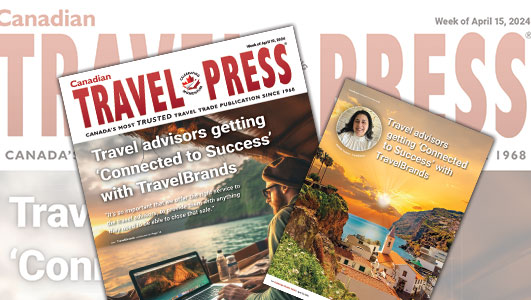ACTE Critical of TSA Advisory
Greeley Koch, executive director for the Association of Corporate Travel Executives (ACTE), criticized a recent Transportation Security Administration advisory regarding the potential for a heightened threat status at unspecified airports in Europe and the Middle East.
According to Koch, the TSA advisory raised more questions than it answered.
“Statements from the TSA should reassure and inform travellers. Recent announcements regarding heightened security levels on US-bound flights from Europe or the Middle East did neither. They were too vague to serve as a warning and lacked the detail required for reassurance,” said Koch.
The announcement of an unspecified threat against US-bound airliners from unspecified airports in Europe and the Middle East included this information: airport security inspectors “may require” passengers to switch on electronic devices — and that devices with depleted batteries would not be permitted to board the aircraft.
“It is unlikely that many business travellers will show up at the airport with spent batteries in their cell phones, hand-held devices, and laptops, but it can happen. What follows next is not clear. If the electronic device cannot board the aircraft, where does it go? Is it detained, to be shipped later? Or is it to be repackaged as checked baggage at the gate,” asked Koch.
Koch pointed out that some airports have two levels of security. “Suppose you pass through security at the checkpoint, but are stopped at the actual gate, where you no longer have access to your luggage? How would you gate-check a $700 cell phone or a $3,000 laptop containing proprietary information,” he asked. Koch acknowledges that these concerns pale in comparison with a terrorist act, but business travellers need to know what they can expect.”
Some element of secrecy is to be expected in the performance of the aviation security function. However, a trickle of confusing information should not be construed as a “customer service,” nor palmed off as adequately informing the traveling public. “A statement from the TSA should answer more questions than it poses,” said Koch.
Business travellers want to know the most basic information: how credible is the threat; how has the process changed; will there be delays; and how will the situation affect me personally?
“Providing the public with snippets of information will not be perceived as helpful. The Association of Corporate Travel Executives stands ready to work with the TSA in communicating with the business traveller,” said Koch.



